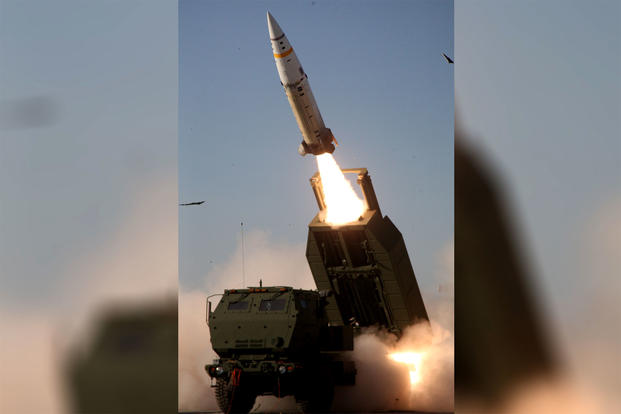The militaries of the U.S. and South Korea fired missiles into the territorial waters off South Korea's east coast early Saturday, apparently in response to North Korea's launch of an intercontinental ballistic missile a short time earlier..
What the U.S. Army described as a "combined training event" also followed North Korea's claim that its weapons were now capable of reaching the U.S. mainland, as Fox News reported.
According to Stars and Stripes, the U.S. military usually refrains from disclosing details about its exercises, but a statement by the Eighth Army linked Saturday's drill directly with North Korea's ICBM launch. (The Eighth Army is the U.S. force based in South Korea.)
The North Korean missile was launched around midnight Saturday local time in the country's northwest, landing in the Sea of Japan about 620 miles east of the launch site, the Stars and Stripes report said, citing a Pentagon statement.
The Eighth Army claimed the exercise involved the use of a surface-to-surface Army Tactical Missile System (ATACMS) and South Korea's Huynmoo Missile II.
"The ATACMS can be rapidly deployed and engaged and provides deep-strike precision capability, enabling the [U.S. and South Korea] to engage a full array of time-critical targets under all weather conditions," the Pentagon statement said.
Meanwhile, the U.S. military tracked the North Korean missile throughout its flight and determined it posed no threat to North America, Stars and Stripes reported.
"We assess that this missile was an [ICBM], as had been expected," the Pentagon statement said, adding that the U.S. remained committed to defending South Korea and Japan, two key allies in the Asia-Pacific region, "from any attack or provocation.




























